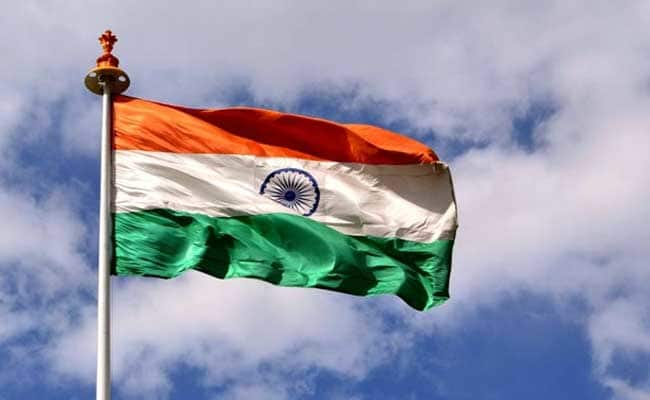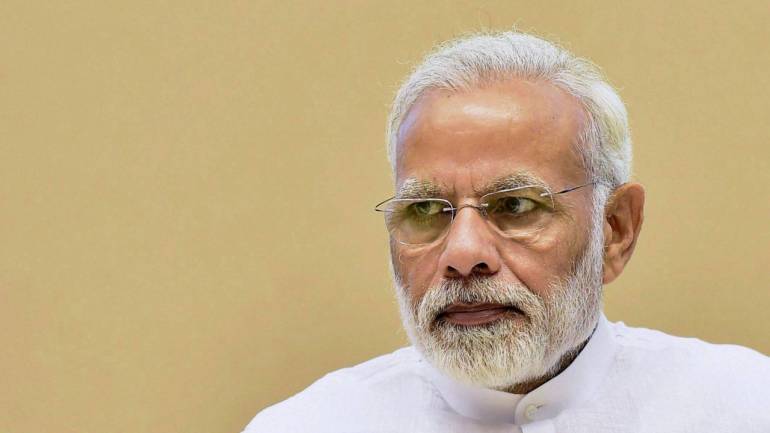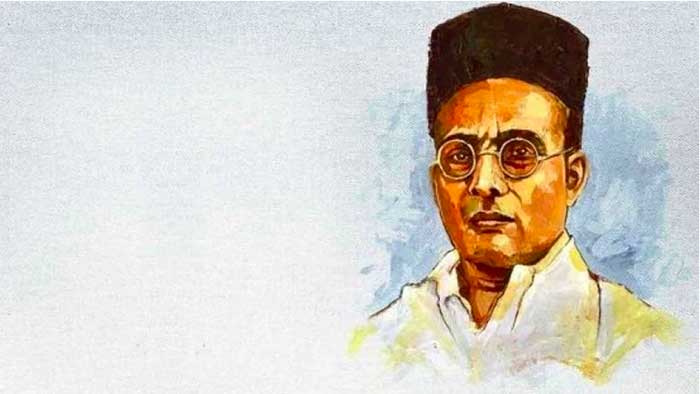
Nationalism is like a jellyfish that can take on new forms, but of late in India it has become more like an octopus, spreading its menacing tentacles, arbitrarily declaring some as ‘anti national’ others more intimidating, for being a threat to ‘national security’ which invariably ends up in slapping of law of sedition against the person whose only offence might have been to criticize the government. A declared threat to national security has deprived the people of Kashmir from access to internet connectivity for more than a year. Today India ranks first among nations in the world for most frequently cutting off internet connectivity in the name of national security. This hallowed term Nationalism, is it like the Holy Cow above all criticism, beyond the right to freedom of expression, or in more extreme cases of arbitrary imprisonment of people without trial for years; denying them freedom to life? It is imperative to dig deeper into why and how the concept of nationalism is prone to be turned and twisted.
The emergence of nations is a relatively recent development in history. It began in Europe around the mid nineteenth century when large sized monarchies and dynasties began to crumble to be replaced by nation states on the basis of ethnic, racial and cultural affinities. Even before the disintegration of the Ottoman and Habsburg empires, two nations Germany and Italy were formed by integration of small princely states.
Along with these changes in political geography, there was a clamor by people for participation in governance. The slogans of the French revolution calling for ‘equality, justice and fraternity’ still resonated in the air.
The emergence of nations evoked feelings of pride for the ethnic, racial and cultural affinity which became the basis of nation states. The other side of this Pride was a feeling of being distinct and ‘other’ than neighbouring nations and of ‘other’ racial and ethnic groups. As a consequence aggression towards other nations often in the name of defence became an integral part of nationalism. This otherness bred prejudices which naturally extended towards ethnic and religious minorities who lived within the national boundaries. Identity based nationalism often turns into manufactured hatred for those who are not the same. In other words nationalism is based in equal measure on feelings of Pride for national identity and Prejudice towards others who do not share the same identity on some ground or the other. Einstein, whose Jewish origin compelled him to leave his native Germany, when asked about his views said: “nationalism in my opinion is nothing more than an idealistic rationalization for militarism and aggression.” What in normal times can be regarded as prejudice, can it turn into aggression and militarism as German nationalism descending into Nazi barbarism had shown? Einstein among many other Jewish intellectuals had personal experience of it.
Rabindranath Tagore like Einstein suffered the pride and prejudices of colonial British administration. He saw an irreconcilable contradiction between humanism and nationalism. In a famous lecture on Nationalism delivered in America in 1917, he said: “there is only one history …..Not on the basis of nationalism but of humanism.” Tagore was explicit in saying that it was his conviction that “my countrymen will truly gain their India by fighting against the education that teaches them that a country is greater than the ideals of humanity.” Many other thinkers also viewed nationalism as being opposed to humanism; George Orwell and H G Wells are also well known for their views.
Our immediate concern is not the idea or philosophy of nationalism but how it drives national policies based on ‘national interest’. Its most obvious fall out is an increasing number of people being charged with being anti national while others being held in prison indefinitely for being a security risk to the nation. These are all actions by the government which defines national interest, often in contradiction to the constitutional rights of citizens. The right to freedom of speech is its first victim. Professors and journalist including one with 90% disability confined in a wheel chair are considered dangerous. Indeed, such a danger to national security that even a humane one time gesture of allowing a meeting with a dying mother is not allowed. An 80 year old poet whose only weapon all along his life has been his pen is such a security threat to the nation that even after he contacted covid19 virus and was in a delirious state, his wife and daughter were not allowed to see him. The evidence against them is usually not in public domain until the matter comes up in the courts, and the system allows this to be an indefinitely long period. In the mean time a manufactured notion of national security allows the government to use force to silence dissidents who critique government policies. Unfettered freedom of speech is now the right enjoyed only by the supporters of the government. Some members of the ruling party including a minister in the central government repeatedly made hate speeches inciting violence against religious minorities. They have full freedom of speech even if it incites violence and riots. This is not considered anti national, because hate and violence are accepted and rationalized towards minorities in the name of nationalism, as Einstein had said.
As I write this, a leading advocate of the Supreme Court has been convicted for contempt of court for posting two tweets which were critical of the court. The restriction of freedom of speech has now spread beyond the executive to the highest court of the country which is of the view that its ‘majesty and dignity’ have been diminished by two tweets! Concern and what is more, expression of concern by citizens about the way nationalism is being (mis)used by the government is likely to spread. Will the heavy hand of the powers that be see this writing on the wall? As things stand today, dissidents alone are a threat to the security of the nation.
Nations are defined within territorial boundaries and like everything else national boundaries also change from time to time and so must territorial nationalism. After World War II European countries got divided between East and West Europe. Germany as a nation got divided. Some decades later after the death of President Tito, the proud nation of Yugoslavia which along with Egypt and India was the founder of the non aligned movement broke (after violent struggles) into seven nations. In 1991 the Soviet Union turned into 14 different nations. In the Soviet case there was no struggle and no violence in the emergence of so many new nations. The Soviet regime caused its own easy demise by not allowing freedom of expression and movement and for having imposed authoritarian controls on its people who welcomed the end of authoritarianism. The collapse of Soviet control was welcomed with much jubilation in the nations of East Europe. Soviet nationalism turned in to the expression of several nationalisms only 30 years ago.
An Egyptian friend once said to me: isn’t it strange that we have one race and one language and even one religion but we are 22 different Arab countries. In India you have 22 different languages in addition to many ethnic, racial and religious differences, yet you are one country. Indeed it is something to ponder over. Close to us in history and geography we have seen a young nation created on religious solidarity falling apart under the weight of unfair imposition of political control by West Pakistan on East Pakistan in 1971.
So, is nationalism just a mobilizing slogan? Is authoritarianism in the name of nationalism a last dangerous twist of the knife, shredding our humanism, our shared history and culture?
Madhu Bhaduri is a former ambassador of India.
SIGN UP FOR COUNTERCURRENTS DAILY NEWSLETTER















































